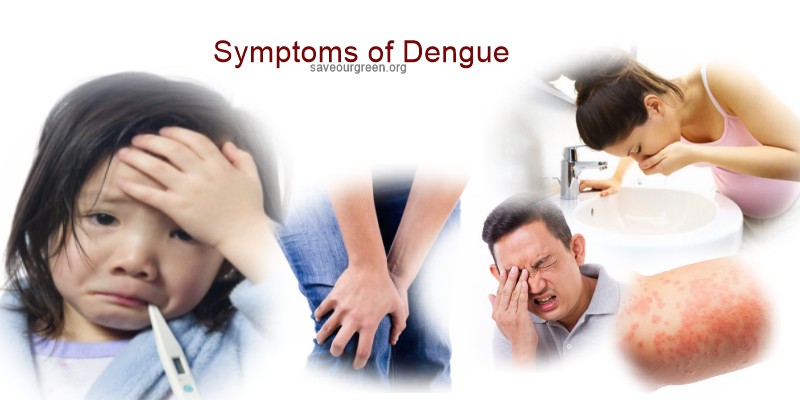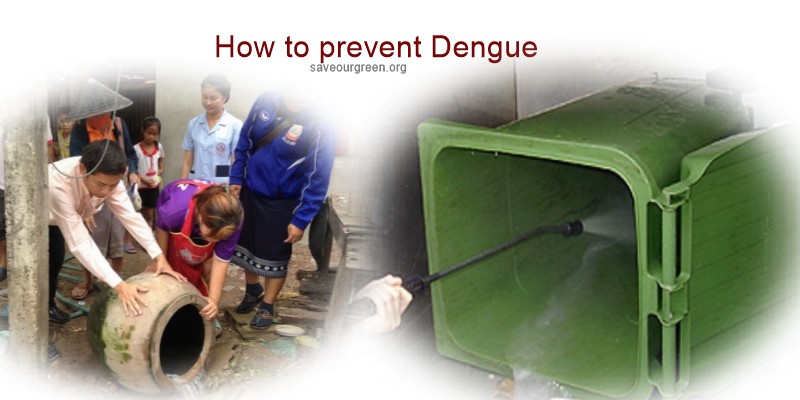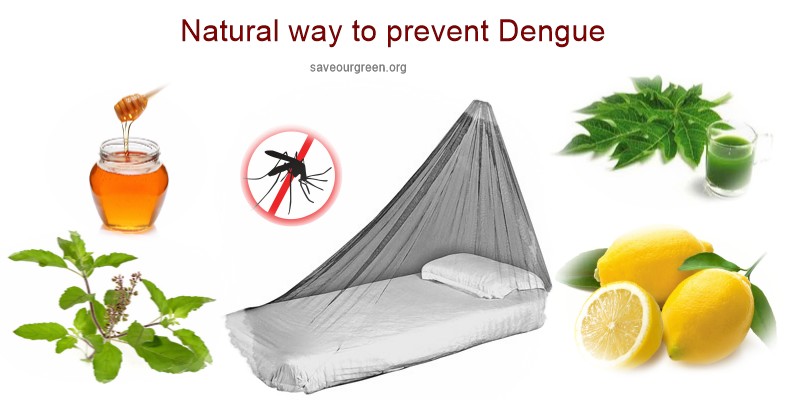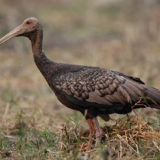Natural way to prevent Dengue fever
Dengue fever is real threat for our human life.
What is Dengue?
Dengue is a viral infection disease caused by dengue viruses, which are transmitted to humans by mosquitoes. This viral infection transmitted by the bite of an infected female Aedes mosquito. There are four distinct serotypes of the dengue virus (DEN 1, DEN 2, DEN 3 and DEN 4). This fever is a flu-like illness that affects infants, young children and adults.
Symptoms
Symptoms are typically begin three to fourteen days after infection. This may include
- high fever,
- headache,
- vomiting,
- muscle and joint pains,
- characteristic skin rash,
- mild bleeding manifestation (e.g., nose or gum bleed, petechiae, or easy bruising),
- severe eye pain (behind eyes),
- low white cell count.
Affected areas
Generally, younger children and those with their first dengue infection have a milder illness than older children and adults. More than 70% of the disease burden is in South-East Asia and the Western Pacific. In Latin America and the Caribbean, the incidence and severity of disease have increased rapidly in recent years. The African and Eastern Mediterranean regions have also recorded more outbreaks of the disease in the last ten years. In 2010 indigenous transmission of dengue was also reported in two countries of Europe. Urbanization, rapid movement of people and goods, favourable climatic conditions and lack of trained staff have all contributed to the global increase of dengue.
Treatment
There is no specific medication to treatment for dengue fever. A novel vaccine for dengue fever has been approved in three countries, but it is not yet commercially available.
How to prevent Dengue fever?
According to the World Health Organization(WHO), we can prevent dengue by following ways:
- The best preventive measure for areas infested with Aedes mosquito is to eliminate the mosquitoes’ egg laying sites – called source reduction. Lowering the number of eggs, larvae and pupae will reduce the number of emerging adult mosquitoes and the transmission of the disease.
- Capacity-building to ensure an adequate response to the local situation.
- Collaboration between the health and other sectors (public and private).
- Advocacy, social mobilization and legislation to ensure that public health bodies and communities are strengthened
- Items that collect rainwater or are used to store water should be covered or properly discarded. The remaining essential containers should be emptied and cleaned and scrubbed (to remove eggs) at least once a week. This will avoid the adult mosquitoes to emerge from the egg/ larva/ pupa stage.
Natural way to prevent dengue
Instead of above tips you can take some more step to reduce this life threatening disease as below.
- Plant mosquito killer plant. To know more about this plant check this article
- Sleep with a mosquito net over your bed.
- Avoid getting too hot. This advice is especially important if you are in a hot, humid climate. Mosquitoes are thought to be attracted to warm bodies, so staying cool is one way to avoid bites.
- Take some natural step to boost your immunity power of your body like lemon, nut, oat, egg.
- Plant a Tulsi plant and eat it’s leaf with honey. It will increase your immunity power as well as prevent you from fever.
- Papaya is also good to increase platelet. Some research says that juice of it’s leaf is also great to prevent dengue.
As with dengue, there is no specific medication for DHF. So most important thing is awareness, if a clinical diagnosis is made early, a health care provider can effectively treat DHF using fluid replacement therapy. Adequately management of DHF generally requires hospitalization.















